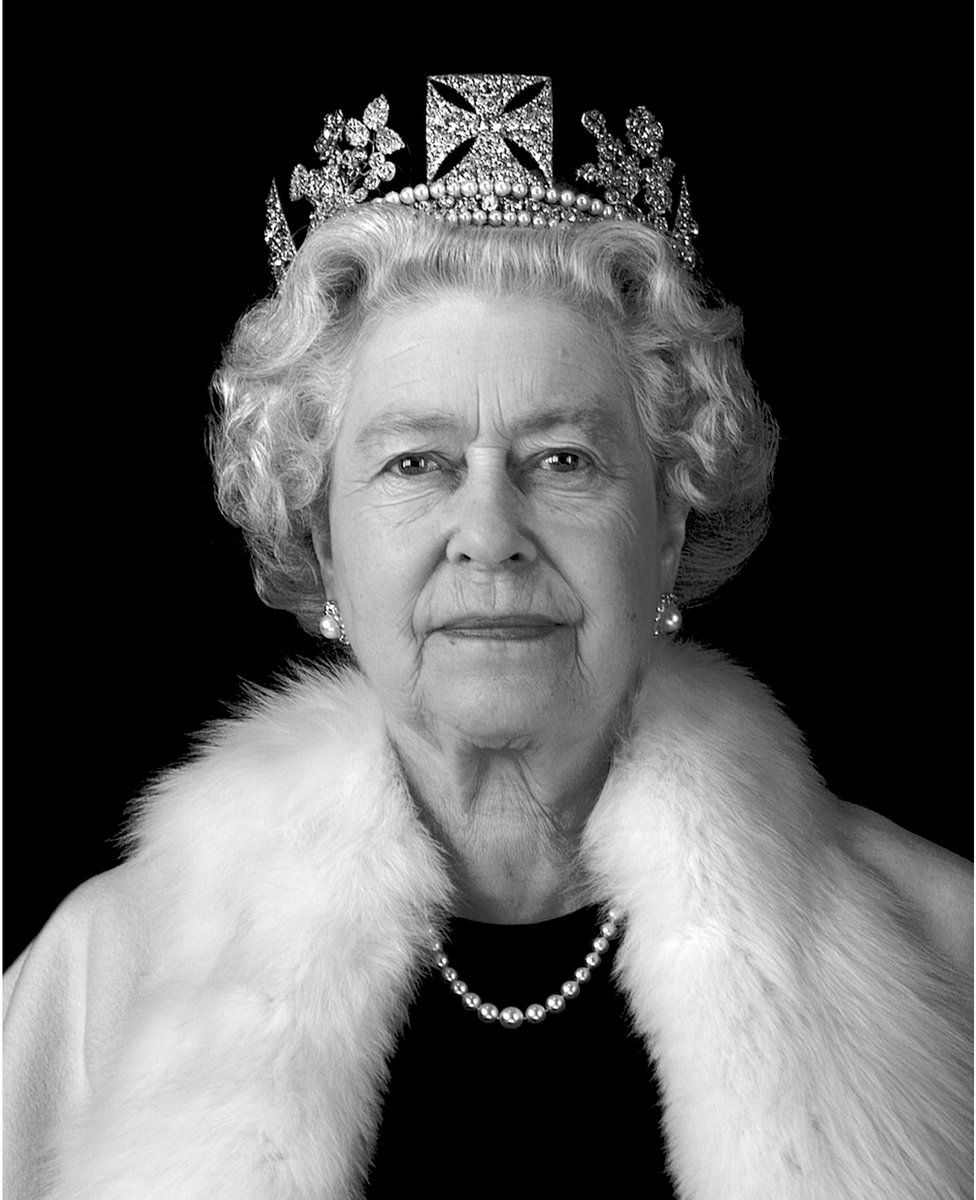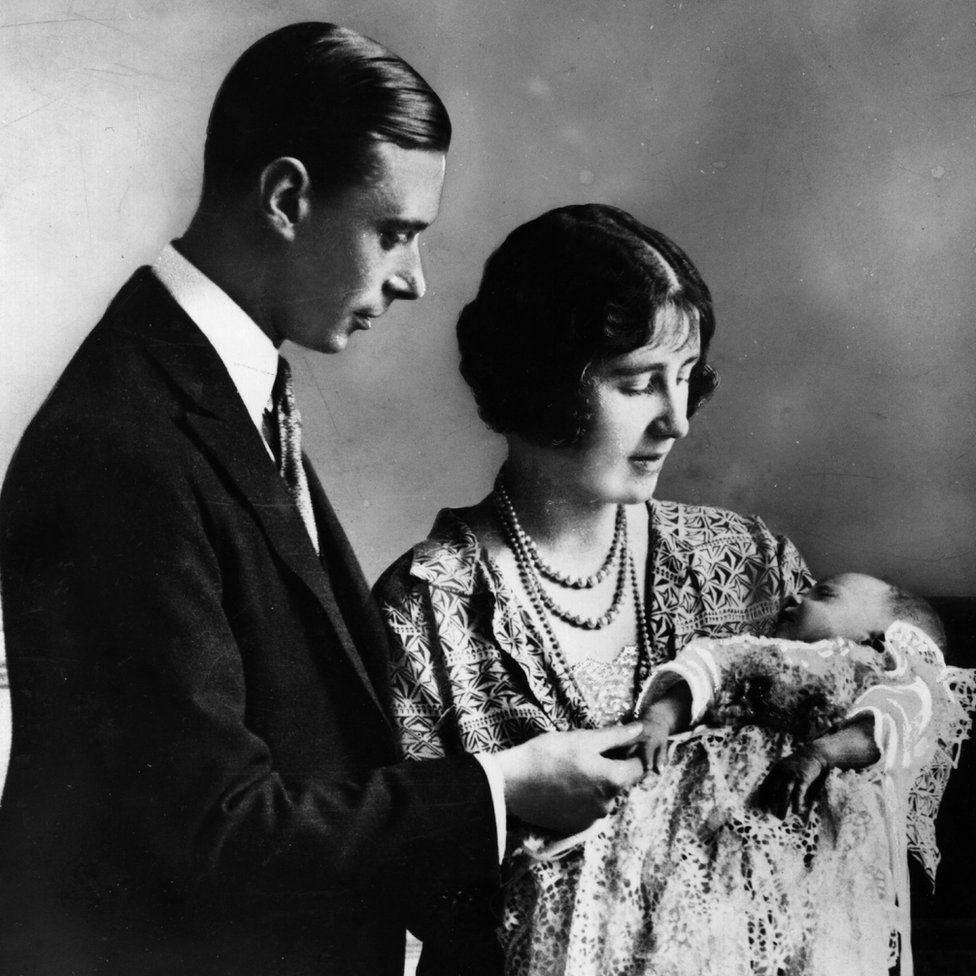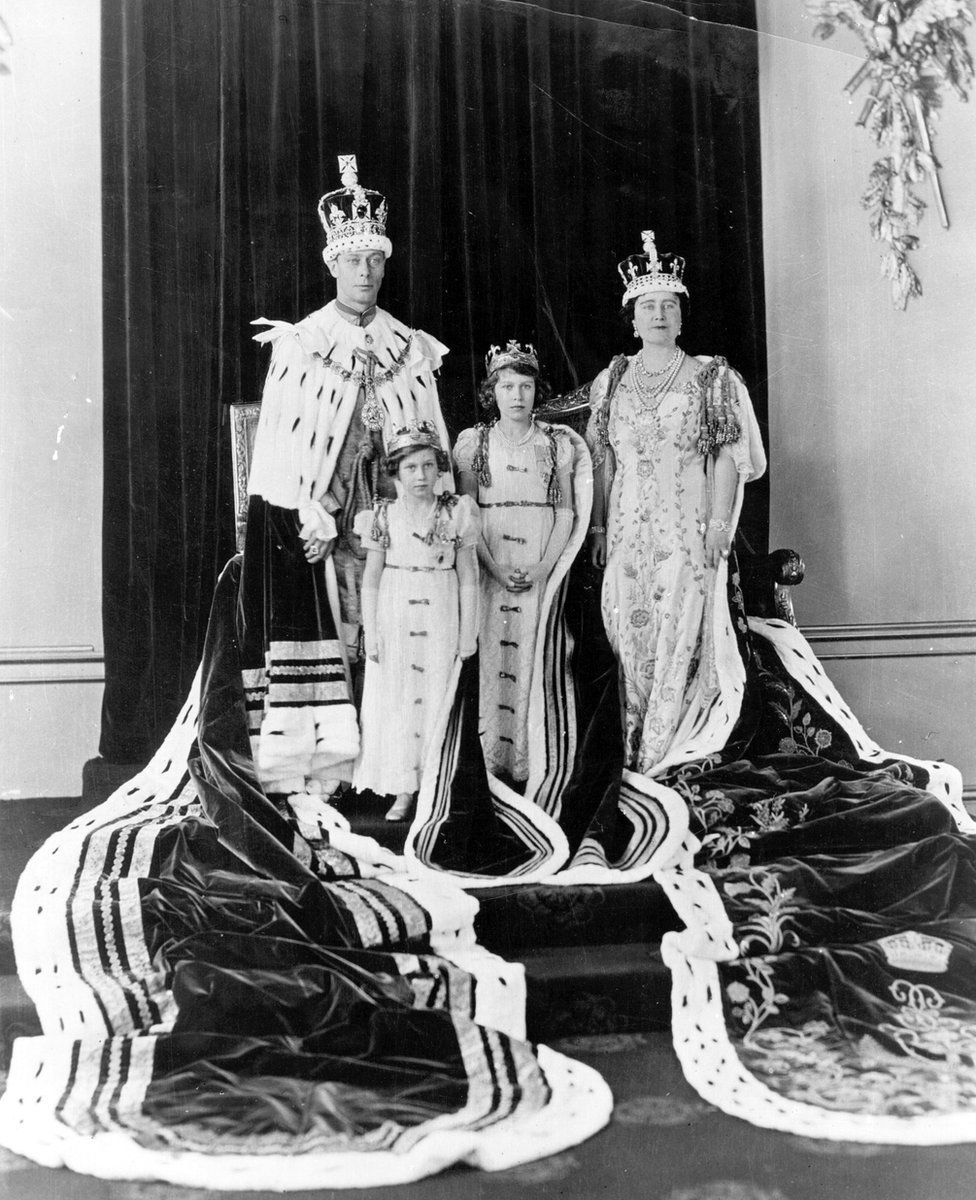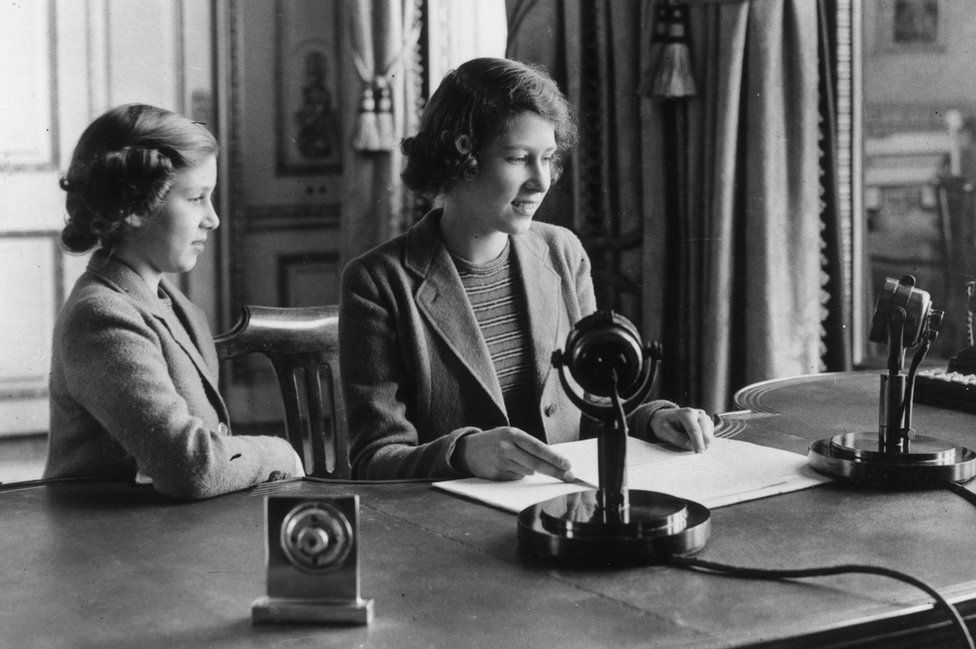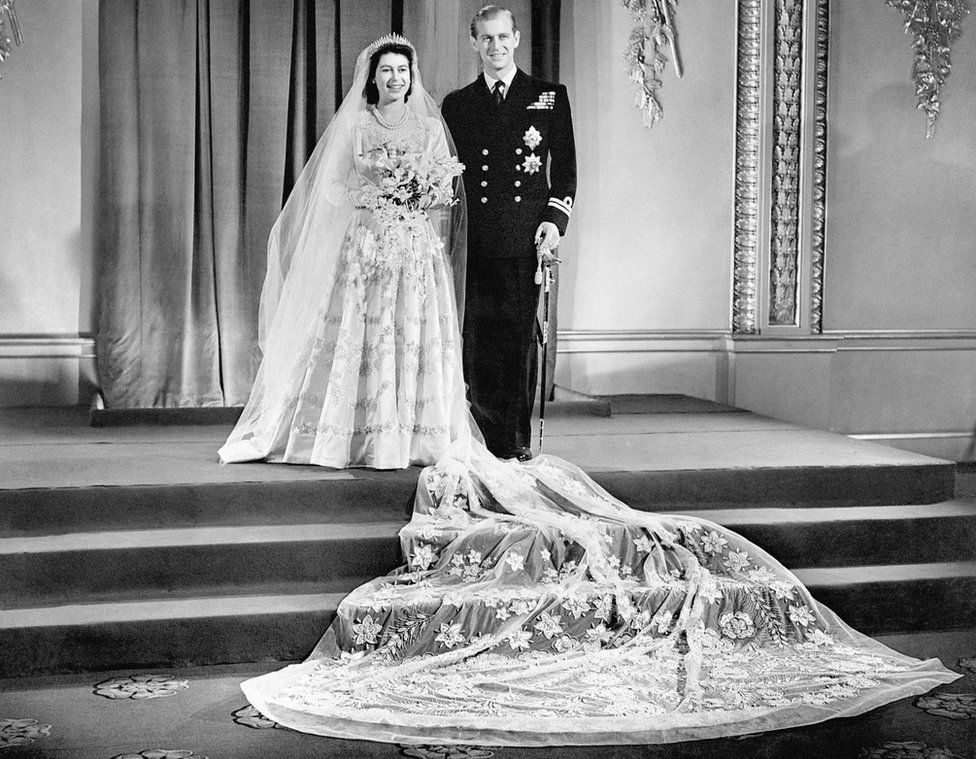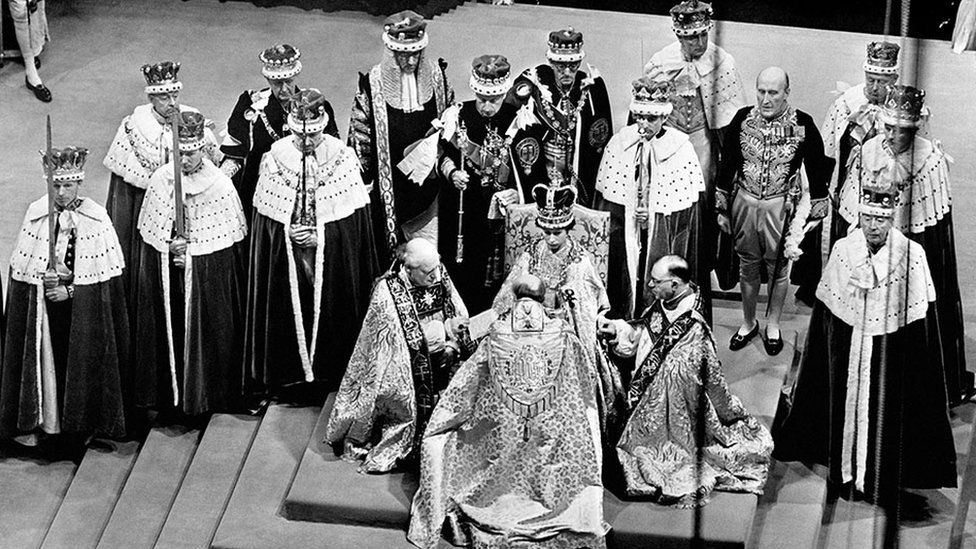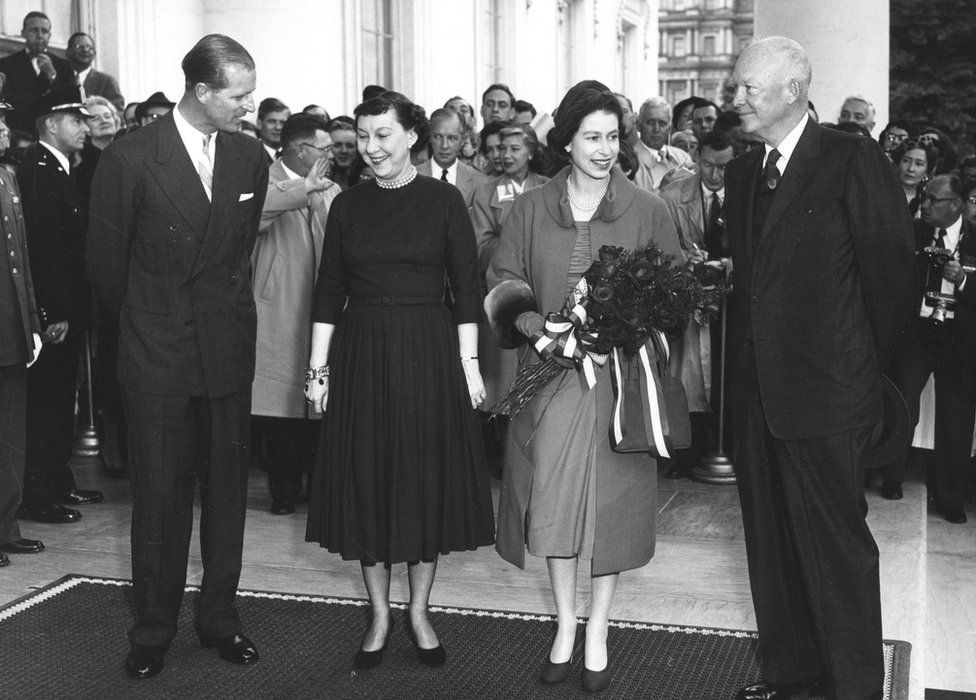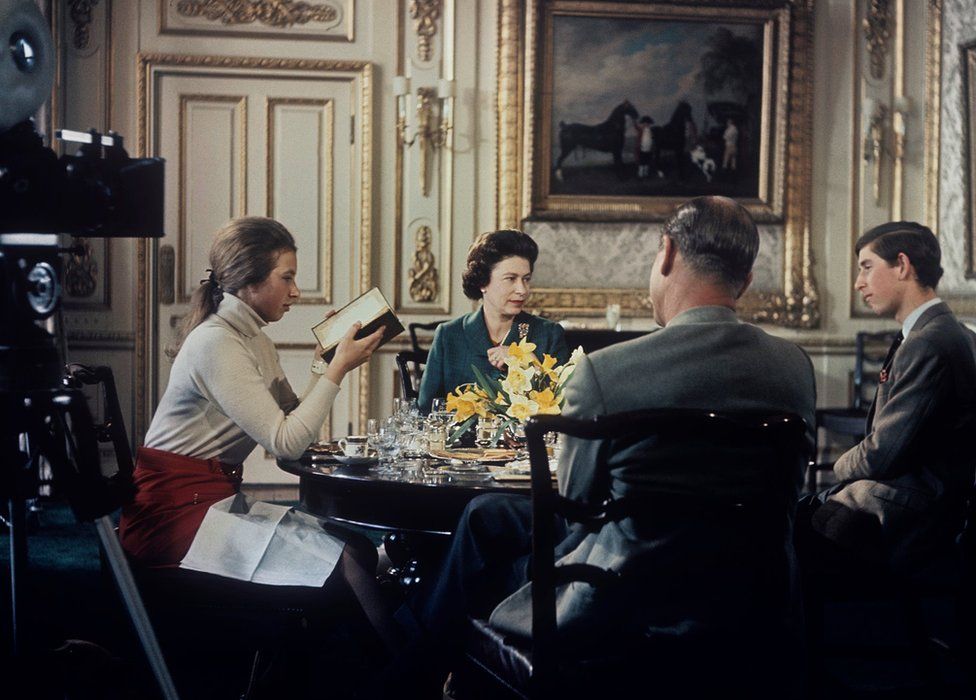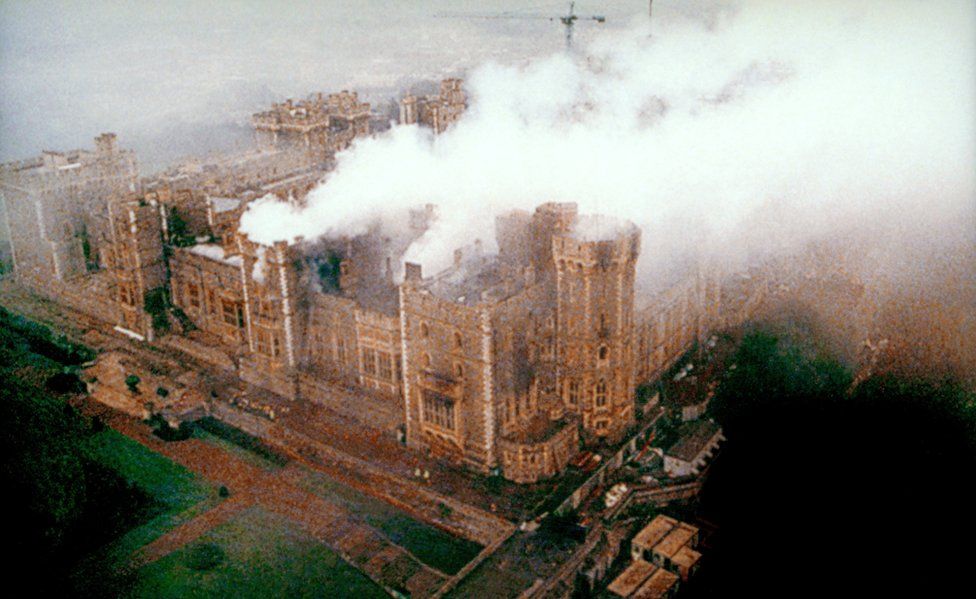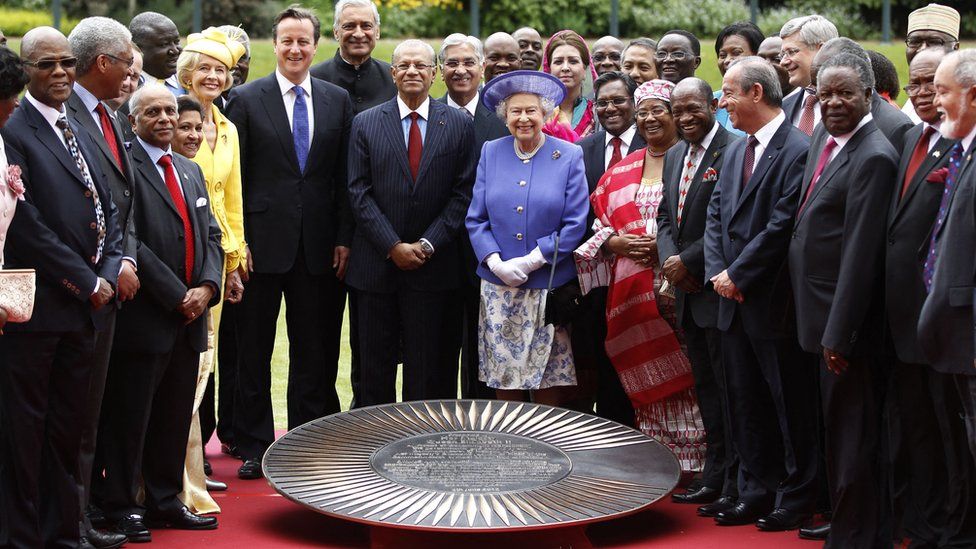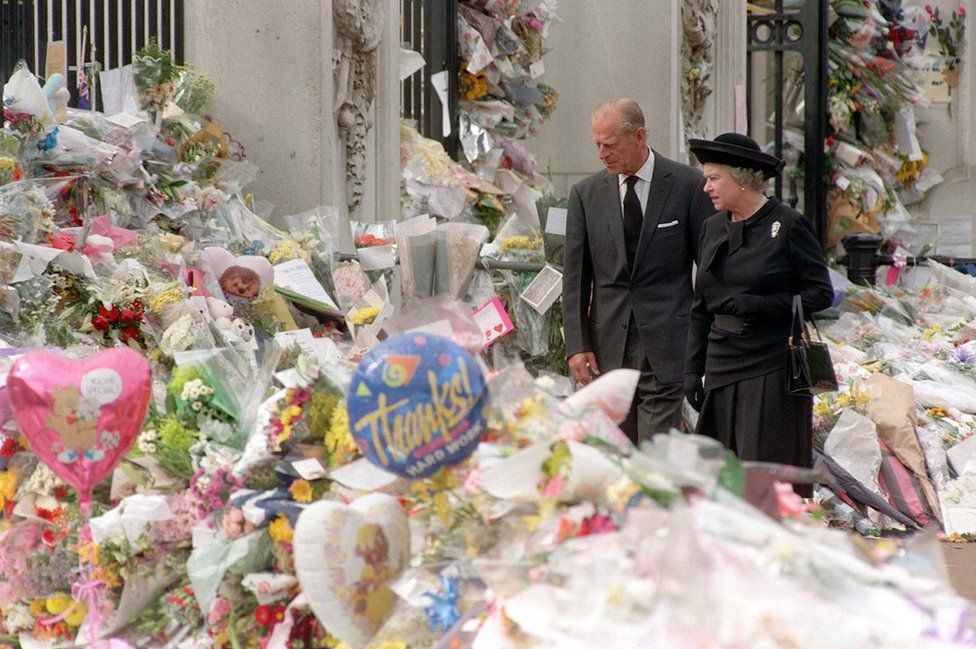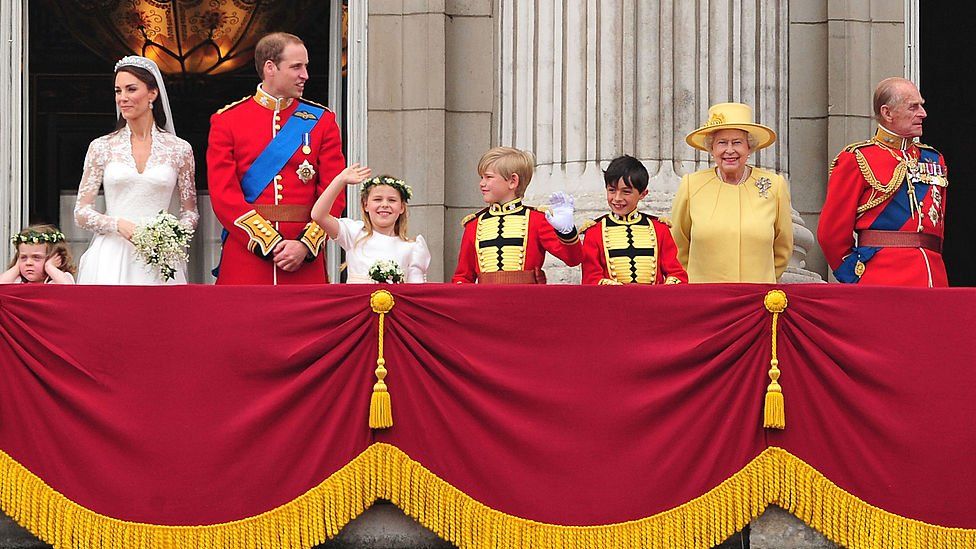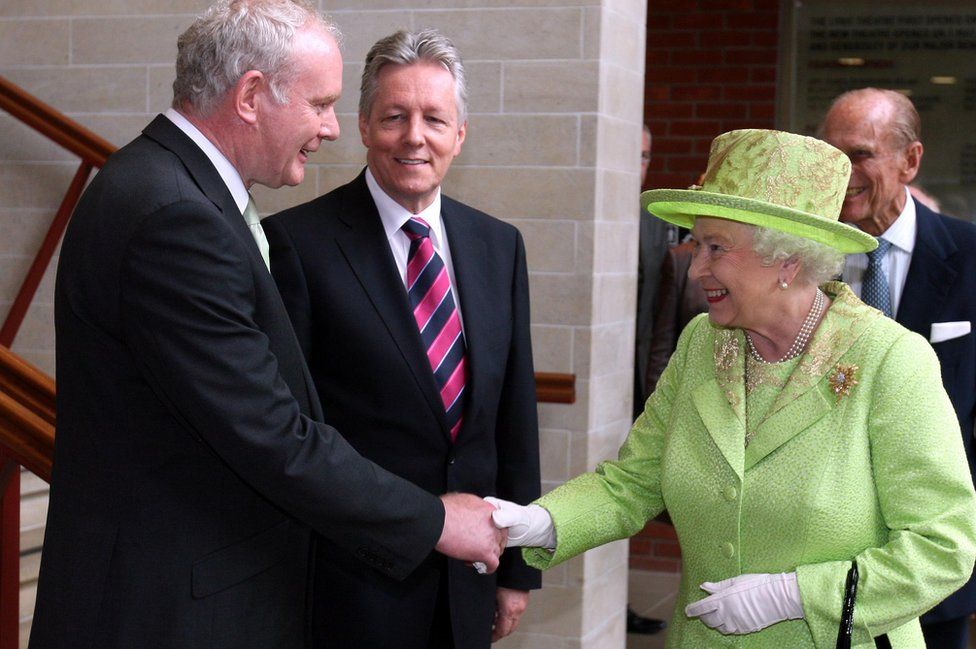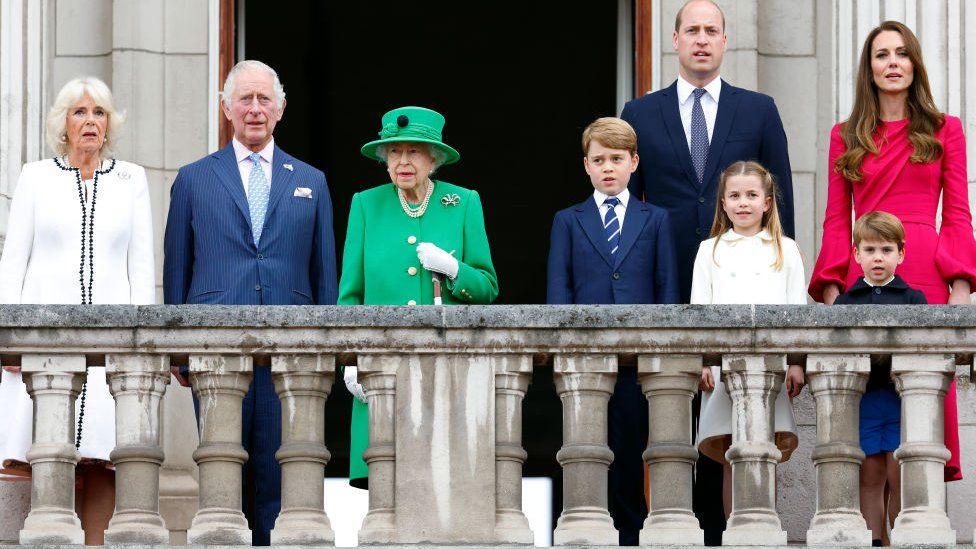Singapore school girl wins Commonwealth essay prize!
You will be amazed at the maturity of this 15-year old girl.
It's worthwhile taking 5 mins to read this essay.
A 15-YEAR-OLD Singaporean, competing against 16-> 18-year-olds, has won the top prize in a writing contest that drew 5,300 entries from 52 countries...
In the annual Commonwealth Essay Competition, Amanda Chong of Raffles Girls' School (Secondary) chose to compete in the older category and won with a piece on the restlessness of modern life.
Her short story, titled What The Modern Woman Wants, focused on the conflict in values between an old lady and her independent-minded daughter.
'Through my story, I attempted to convey the unique East-vs-West struggles and generation gaps that I felt were characteristic of young people in my country,' said Amanda, who likes drama, history and literature and wants to become a lawyer and a politician.
Chief examiner Charles Kemp called her piece a 'powerfully moving and ironical critique of modern restlessness and its potentially cruel consequences'.
The writing is fluent and assured, with excellent use of dialogue.
Amanda gets (S$1,590). A Singaporean last won the top prize in 2000, said Britain 's Royal Commonwealth Society, which has been organising the competition since 1883. Singaporeans also came in second in the 14 to 15-year-old category, and fourth in the under-12s. Other winners included students from Australia , Canada and South Africa.
What the Modern Woman Wants... By Amanda Chong Wei-Zhen
The old woman sat in the backseat of the magenta convertible as it careened down the highway, clutching tightly to the plastic bag on her lap, afraid it may be kidnapped by the wind. She was not used to such speed, with trembling hands she pulled the seat belt tighter but was careful not to touch the patent leather seats with her callused fingers, her daughter had warned her not to dirty it, 'Fingerprints show very clearly on white, Ma.'
Her daughter, Bee Choo, was driving and talking on her sleek silver mobile phone using big words the old woman could barely understand.
'Finance', 'Liquidation', 'Assets', 'Investments'... Her voice was crisp and important and had an unfamiliar lilt to it.
Her Bee Choo sounded like one of those foreign girls on television.
She was speaking in an American accent. The old lady clucked her tongue in disapproval......
'I absolutely cannot have this. We have to sell!' Her daughter exclaimed agitatedly as she stepped on the accelerator; her perfectly manicured fingernails gripping onto the steering wheel in irritation.
'I can't DEAL with this anymore!' she yelled as she clicked the phone shut and hurled it angrily toward the backseat.. The mobile phone hit the old woman on the forehead and nestled soundlessly into her lap. She calmly picked it up and handed it to her daughter..
'Sorry, Ma,' she said, losing the American pretence and switching to Mandarin. 'I have a big client in America . There have been a lot of problems.'
The old lady nodded knowingly. Her daughter was big and important.
Bee Choo stared at her mother from the rear view window, wondering what she was thinking. Her mother's wrinkled countenance always carried the same cryptic look. The phone began to ring again, an artificially cheerful digital tune, which broke the awkward silence.
'Hello, Beatrice! Yes, this is Elaine.' Elaine. The old woman cringed. I didn't name her Elaine. She remembered her daughter telling her, how an English name was very important for 'networking', Chinese ones being easily forgotten.
'Oh no, I can't see you for lunch today. I have to take the ancient relic to the temple for her weird daily prayer ritual.' Ancient Relic. The old woman understood perfectly it was referring to her. Her daughter always assumed that her mother's silence meant she did not comprehend.
'Yes, I know! My car seats will be reeking of joss sticks!' The old woman pursed her lips tightly, her hands gripping her plastic bag in defence.
The car curved smoothly into the temple courtyard. It looked almost garish next to the dull sheen of the ageing temple's roof. The old woman got out of the back seat, and made her unhurried way to the main hall.
Her daughter stepped out of the car in her business suit and stilettos and reapplied her lipstick as she made her brisk way to her mother's side.
'Ma, I'll wait outside.. I have an important phone call to make,' she said, not bothering to hide her disgust at the pungent fumes of incense.
The old lady hobbled into the temple hall and lit a joss stick, she knelt down solemnly and whispered her now familiar daily prayer to the Gods.
Thank you God of the Sky, you have given my daughter luck all these years. Everything I prayed for, you have given her. She has everything a young woman in this world could possibly want. She has a big house with a swimming pool, a maid to help her, as she is too clumsy to sew or cook. Her love life has been blessed; she is engaged to a rich and handsome angmoh man. Her company is now the top financial firm and even men listen to what she says... She lives the perfect life. You have given her everything except happiness. I ask that the gods be merciful to her even if she has lost her roots while reaping the harvest of success.
What you see is not true, she is a filial daughter to me. She gives me a room in her big house and provides well for me. She is rude to me only because I affect her happiness.. A young woman does not want to be hindered by her old mother. It is my fault.
The old lady prayed so hard that tears welled up in her eyes. Finally, with her head bowed in reverence she planted the half-burnt joss stick into an urn of smoldering ashes.
She bowed once more. The old woman had been praying for her daughter for thirty-two years. When her stomach was round like a melon, she came to the temple and prayed that it was a son. Then the time was ripe and the baby slipped out of her womb, bawling and adorable with fat thighs and pink cheeks, but unmistakably, a girl. Her husband had ticked and punched her for producing a useless baby who could not work or carry the family name.
Still, the woman returned to the temple with her new-born girl tied to her waist in a sarong and prayed that her daughter would grow up and have everything she ever wanted.
Her husband left her and she prayed that her daughter would never have to depend on a man. She prayed every day that her daughter would be a great woman, the woman that she, meek and uneducated, could never become. A woman with nengkan; the ability to do anything she set her mind to. A woman who commanded respect in the hearts of men. When she opened her mouth to speak, precious pearls would fall out and men would listen. She will not be like me, the woman prayed as she watched her daughter grow up and drift away from her, speaking a language she scarcely understood.
She watched her daughter transform from a quiet girl to one who openly defied her, calling her laotu, old fashioned.... She wanted her mother to be 'modern', a word so new there was no Chinese word for it.
Now her daughter was too clever for her and the old woman wondered why she had prayed like that. The Gods had been faithful to her persistent prayer, but the wealth and success that poured forth so richly had buried the girl's roots and now she stood faceless with no identity, bound to the soil of her ancestors by only a string of origami banknotes.
Her daughter had forgotten her mother's value. Her wants were so ephemeral, that of a modern woman. Power, wealth, access to the best fashion boutiques and yet her daughter had not found true happiness.
The old woman knew that you could find happiness with much less.
When her daughter left the earth, everything she had would count for nothing. People would look to her legacy and say that she was a great woman but she would be forgotten once the wind blows over, like the ashes of burnt paper convertibles and mansions.
The old woman wished she could go back and erase all her big hopes and prayers for her daughter now that she had looked out of the temple gates.
She saw her daughter speaking on the phone, her brow furrowed with anger and worry. Being at the top is not good, the woman thought, there is only one way to go from there – down.
The old woman carefully unfolded the plastic bag and spread out a packet of beehoon in front of the altar. Her daughter often mocked her for worshipping porcelain Gods. How could she pray to them so faithfully and expect pieces of ceramic to fly to her aid? But her daughter had her own gods too, idols of wealth, success and power that she enslaved to and worshipped every day of her life.
Every day was a quest for the idols, and the idols she worshipped counted for nothing in eternity. All the wants her daughter had would slowly suck the life out of her and leave her, an empty souless shell at the altar.
The old woman watched the joss stick. The dull heat had left a teetering grey stem that was on the danger of collapsing.
Modern women nowadays, the old lady sighed in resignation, as she bowed to the east one final time to end her ritual. Modern women nowadays want so much that they lose their souls and wonder why they cannot find it.
Her joss stick disintegrated into a soft grey powder. She met her daughter outside the temple, the same look of worry and frustration was etched on her daughter's face.
An empty expression, as if she was ploughing through the soil of her wants looking for the one thing that would sown the seeds of happiness.
They climbed into the convertible in silence and her daughter drove along the highway, this time not to fast as she had done before.
‘Ma,’ Bee Choo finally said. "I don't know how to put this.
Mark and I have been talking about it and we plan to move out of the big house. The property market is good now, and we managed to get a buyer willing to pay us seven million for it. We decided we'd prefer a cosier penthouse apartment instead. We found a perfect one in Orchard Road .. Once we move into our apartment, we plan to get rid of the maid, so we can have more space to ourselves....."
The old woman nodded knowingly. Bee Choo swallowed hard. We'd get someone to come in to do the housework and we can eat out – but once the maid is gone, there won't be anyone to look after you. You will be awfully lonely at home and, besides that the apartment is rather small. There won't be space. We thought about it for a long time, and we decided the best thing for you is if you moved to a Home. There's one near Hougang – it's a Christian home and a very nice one."
The old woman did not raise an eyebrow. I"ve been there, the matron is willing to take you in. It's beautiful with gardens and lots of old people to keep you company! Hardly have time for you, you'd be happier there." "You'd be happier there, really." her daughter repeated as if to affirm herself.
This time the old woman had no plastic bag of food offering to cling tightly to, she bit her lip and fastened her seat belt, as if it would protect her from a daughter who did not want her anymore. She sunk deep into the leather seat, letting her shoulders sag and her fingers trace the white seat.
Ma, her daughter asked, searching the rear view window for her mother. "Is everything okay?
What had to be done, had to be done. "Yes" she said firmly, louder than she intended, 'if it will make you happy,' she added more quietly.
‘It's for you, Ma! You will be happier there. You can move there tomorrow, I already got the maid to pack your things.' Elaine said triumphantly, mentally ticking yet another item off her agenda.
'I knew everything would be fine.' Elaine smiled widely; she felt liberated. Perhaps getting rid of her mother would make her happier... She had thought about it. It seemed the only hindrance in her pursuit of happiness. She was happy now. She had everything a modern woman ever wanted; money, status, career, love, power and now freedom without her mother and her old-fashioned ways to weigh her down......
Yes she was free. Her phone butted urgently, she picked it up and read the message, still beaming from ear to ear. "Stock 10% increase." Yes, things were definitely beginning to look up for her and while searching for the meaning of life in the luminance of her hand phone screen, the old woman in the backseat became invisible and she did not see her in tears.
